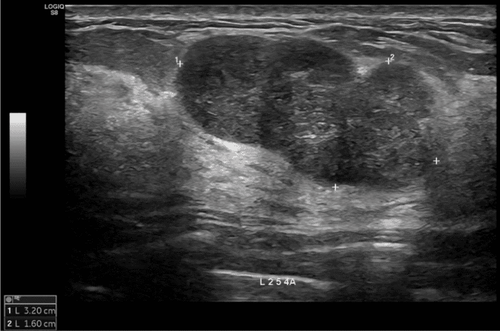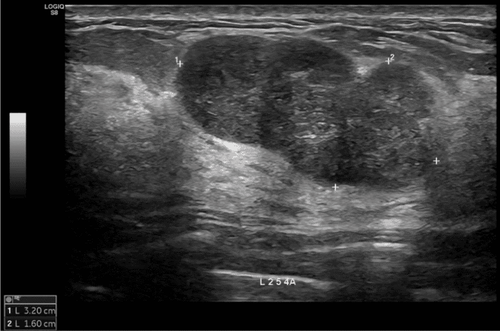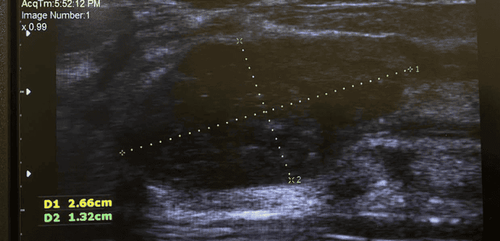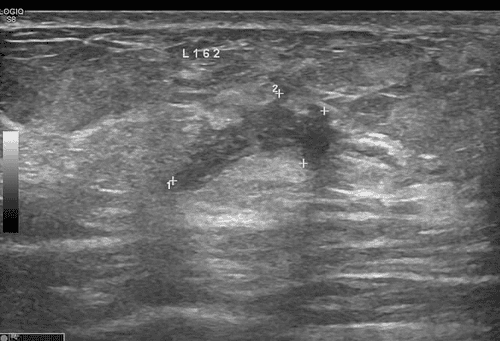Vinmec Hospitals now use multi-slice computed tomography (MSCT) coronary artery imaging to screen and diagnose cardiovascular disorders. Especially, Vinmec takes MSCT pictures with a high-configuration 640-row CT machine, which lets them shoot quickly and get quality shots.
Multislice Computed Tomography (MSCT) uses X-rays to examine a specific area in cross-sectional images. The scanned segment is then analyzed by a computer to generate 2D or 3D images. Following the guidelines established by cardiovascular associations (USA, Europe, and Vietnam) has enabled patients at Vinmec to obtain precise diagnoses and optimal therapies.
In cardiology, MSCT is regarded as the first non-invasive method for directly evaluating the lumen of blood vessels to ascertain the extent of luminal stenosis, the status of arterial dissection, coronary artery anomalies, characteristics of atherosclerotic plaques. Leveraging the advantages of MSCT, physicians at Vinmec Hai Phong have achieved accurate diagnoses and prescribed appropriate treatments for a lot of complex clinical cases. This helps patients get early treatment and quickly recover their health.
Identification of coronary artery fistula in individuals contraindicated for stress echocardiography
Mr. N., aged 62, has a 5-year history of type 2 diabetes and is undergoing regular treatment; nonetheless, he has recently experienced symptoms of chest tightness and mild dyspnea on ordinary exertion. Upon his visit to Vinmec Hai Phong Hospital for evaluation, he underwent testing for cardiac enzymes, echocardiography, and electrocardiography to assess the coronary arteries, revealing no abnormalities. The patient is unable to undergo an ECG stress test due to osteoarthritis, which is essential for identifying insufficient blood flow to the cardiac muscle.
What is the solution for comprehensively examining this case? The physicians in the Cardiology Department of Vinmec Hai Phong International General Hospital have indicated MSCT coronary angiography. The outcome revealed a coronary artery fistula connecting to the pulmonary artery.
The physicians recommended that the patient continue to treat with internal medicine to manage cardiovascular risk factors, including blood pressure, blood sugar, and blood lipids, while also requiring monthly ultrasounds to evaluate heart function over the next decade. In case the condition deteriorate, the physicians will execute an intervention to guarantee safety.

As a result, in this case, MSCT becomes an effective tool for physicians to prevent missing diagnosis in patients. “A coronary artery fistula into the heart chambers is an uncommon congenital cardiac defect with ambiguous symptoms. Echocardiography is important in the screening of this condition. However, in subtle instances, the use of coronary artery MSCT is essential. MSCT can evaluate the morphology and anomalies of coronary artery atherosclerosis, offering information for intervention and monitoring. Some congenital cardiac abnormalities such as coronary artery fistula and coronary artery aneurysm, impede blood flow in the coronary arteries, resulting in chest tightness and dyspnea during physical activity. Dr. Tran Van Quy, Head of the Department of Examination and Internal Medicine at Vinmec Hai Phong International General Hospital, stated.
Differential diagnosis of myocardial infarction
A 32-year-old Chinese patient was transported from Mong Cai to Vinmec Hai Phong International General Hospital for left-sided angina and dyspnea. The patient had a history of tobacco use and unmanaged dyslipidemia. When the patient's admission to the hospital, the clinical examination led the physician to suspect a coronary myocardial infarction. However, the echocardiography revealed no regional wall motion abnormalities, indicating a discrepancy between the test results and the clinical presentation. We required screening the patient for aortic disease to differentiate it from coronary artery disease. The CT scan of the aorta and coronary arteries revealed a total obstruction of the right coronary artery at the onset of the RCA3 segment.
Given the diagnosis of acute coronary syndrome, the physicians had sufficient grounds to administer prompt intervention without postponement. During the percutaneous coronary angiography (DSA) for stent implantation, the findings were consistent: complete blockage of segment 3 of the right coronary artery. Following recanalization with two stents, the patient experienced the cessation of chest discomfort and regained normal ambulation three days later. Subsequent results over several months indicated that the patient tolerated the treatment effectively, exhibiting no indications of heart failure. So, that confirms the accuracy and optimality of the diagnosis and technique.

Dr. Quy emphasized the importance of MSCT in this context, stating, “Myocardial infarction is a dangerous condition that can be fatal.” In young individuals such as this patient, myocardial infarction is frequently attributed to endovascular injury to the coronary artery, resulting in abrupt thrombosis, commonly observed in smokers or those with risk factors including obesity, dyslipidemia, hypertension, or diabetes. Coronary calcification is an early indicator of coronary artery disease. Chronic coronary calcification results in the formation of atherosclerotic plaques that aggregate within the coronary artery wall, leading to the constriction of the coronary artery lumen and diminished blood flow to the heart, which may cause angina or myocardial infarction. In instances of suspected myocardial infarction, such as this patient, it is essential to exclude acute aortic syndrome. MSCT serves a significant and directive function in coronary artery interventions.”
Echocardiography is a conventional technique that enables visualization of the coronary artery structure with an accuracy of 70-80%. MSCT facilitates the reconstruction of anatomical images of the coronary arteries, accurately depicting dilatation, aneurysms, and stenosis with an accuracy rate of 90-95%. Therefore, in instances that fail to satisfy the criteria for assessment via echocardiography, testing, and electrocardiogram, MSCT serves two primary purposes: preventing oversight and differentiating aortic diseases, acute coronary syndromes, and the necessity to distinguish from coronary artery disease or acute myocarditis.
The European Society of Cardiology and the American College of Cardiology advocate for coronary artery imaging in the screening of coronary artery disease, ischemic heart disease, coronary artery anomalies, and congenital angina resulting from a myocardial bridge in the coronary artery that cannot find out through standard testing.

Why should you choose MSCT imaging at Vinmec Hai Phong?
Since 2018, Vinmec Hai Phong International General Hospital has been equipped with the most modern 640-slice CT scanner at that time, and to this day it is still one of the most modern CT imaging systems available. This investment comes from the need to diagnose cardiovascular diseases and many other diseases most accurately, following the development trend and increasingly effective support of imaging in treatment.
With a fully equipped team of cardiologists, including cardiologists and radiologists who are well-trained in MSCT, practicing heart failure management according to ACC (American College of Cardiology) standards, Vinmec Hai Phong has routinely and effectively used MSCT imaging in screening and diagnosing cardiovascular diseases, especially in complex cases.
The hospital's high-configuration 640-row CT system allows for fast scanning speed and quality images, so patients with arrhythmias and tachycardia have an advantage. At Vinmec Hai Phong in particular, people who are getting MSCT will be given Visipaque intravascular contrast agent, which is an isotonic contrast agent (it has the same osmotic pressure as blood). Therefore, patients are safe and comfortable during the scan, with less acute kidney injury and fewer allergic reactions to contrast agents.
Please dial the HOTLINE for more information or to book an appointment HERE. Download the MyVinmec App to book appointments faster and manage your bookings easily.
To arrange an appointment, please call HOTLINE or make your reservation directly HERE. You may also download the MyVinmec app to schedule appointments faster and manage your reservations more conveniently.








